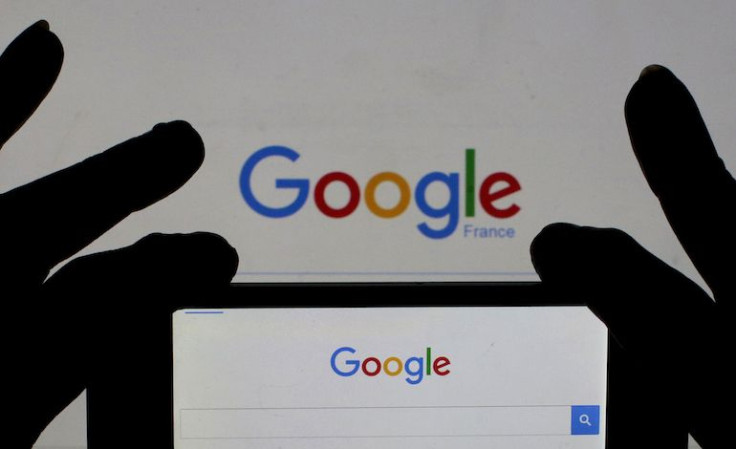A federal judge in California ruled on Friday, March 12 that Google would face a lawsuit for monitoring users' activities in Chrome's private browsing (incognito) mode.
According to Bloomberg, the tech giant had asked the court to dismiss the lawsuit. But the judge turned down their plea. The suit demands at least $5 billion in damages from Google or about $5,000 per person.
The suit, Brown v. Google, claimed that Google collected data when users use Chrome's incognito mode. Other websites using Google Analytics or Google Ad Manager sent "a secret, separate message to Google's servers in California" in some situations.
Complainants said Google would still obtain personal details even though users disable the browser's data monitoring feature. The petitioners have said that the company is in the business of "pervasive data monitoring."
The complainants, who filed the complaint in June 2020, said Google monitored their internet use since June 1, 2016. They said that monitoring persisted in private browsing mode without their permission and without Google's "legitimate business interest."
According to Business Insider, Google has strongly refuted the allegations leveled against them and requested expulsion, alleging that the claimants consented to the company's privacy policies.
Lawyers for the organization explained that the word "Incognito" would not indicate "invisibility." That means that the user's behavior during the session is apparent to the websites they access and any third-party analytics.
In a comment, a Google spokesperson said that while Chrome will not save your activity while browsing in incognito mode, the websites you visit may collect some of your information.
The tech giant explained that Chrome's incognito mode helps users search the web without any actions being saved to their account or computer.
"As we clearly state each time you open a new incognito tab, websites might be able to collect information about your browsing activity during your session."
Google announced earlier this month that it would stop serving precision-targeted advertising and would no longer watch individual users while they search the internet.
Lucy Koh, a judge in the Northern District of California, refuted Google's assertion.
Koh, who was appointed by former President Barack Obama, underscored that Google cannot demonstrate that the Plaintiffs expressly gave consent because the tech giant did not warn customers that it would participate in the suspected data collection while Plaintiffs were in private browsing mode.

© 2025 Latin Times. All rights reserved. Do not reproduce without permission.



